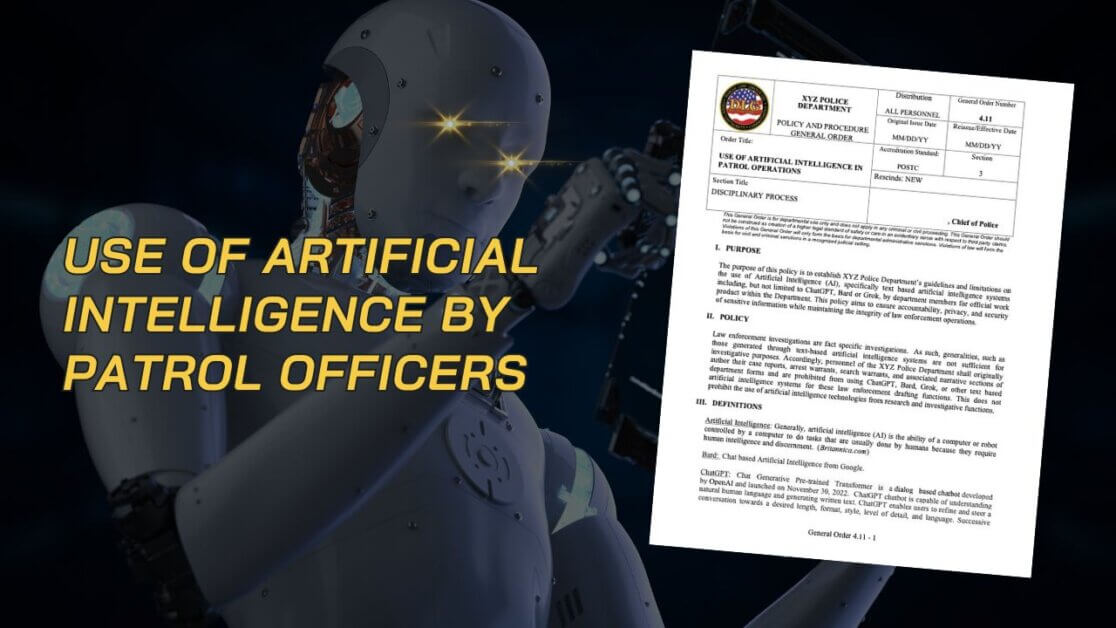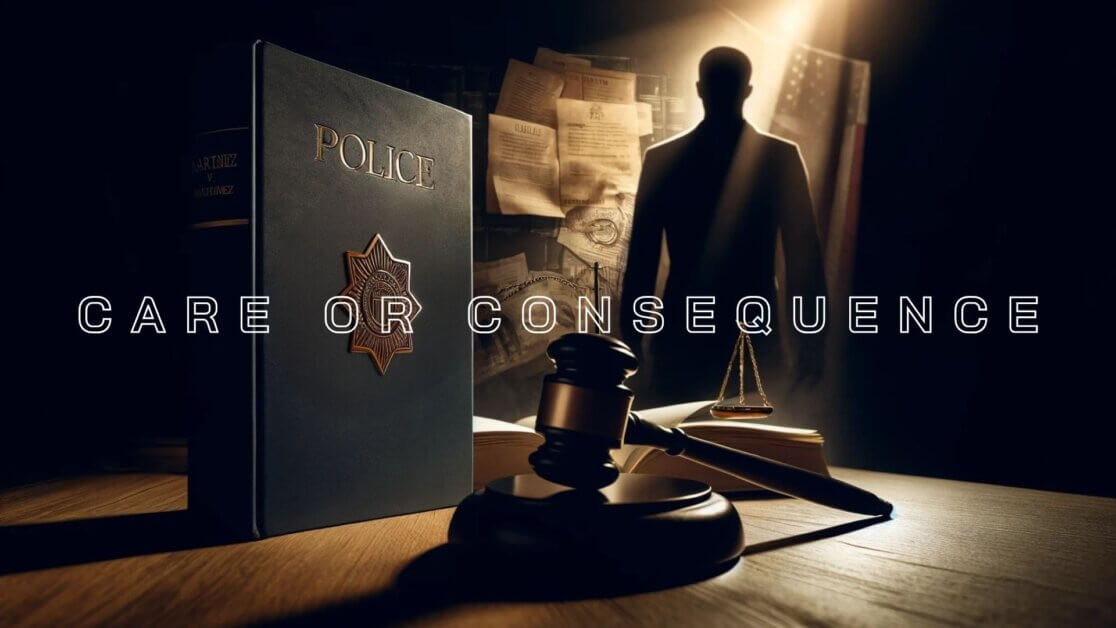In a recent ruling from the First Circuit Court of Appeals, the case of United States v. Cowette has underscored the critical importance of upholding Miranda rights and the constitutional right to counsel during police interrogations.
Cowette’s case originated from an investigation into a drug-trafficking ring led by Nicholas Culver in Maine. Cowette, a minor player in the operation, was identified as allowing Culver to store drugs at her residence. Following this discovery, law enforcement obtained a search warrant for Cowette’s home.
During the execution of the search warrant on July 16, 2018, Lieutenant Gottardi and Corporal Jackson approached Cowette, who was standing in her driveway. After reading her Miranda rights, Cowette initially expressed hesitation about speaking without a lawyer present. Despite further attempts by Gottardi to clarify her stance, Cowette maintained her preference to wait for legal representation.
However, during subsequent interactions with officers, Cowette provided information voluntarily, including the combinations to safes found in her bedroom and the presence of a small amount of fentanyl. Despite earlier expressing her desire to wait for a lawyer, Cowette engaged in conversations with officers, making several incriminating statements.
Following her arrest, Cowette moved to suppress these statements, arguing that her initial invocation of her Fifth Amendment right to counsel was disregarded by law enforcement. The district court, however, denied her motion, citing ambiguity in Cowette’s statements.
On appeal, the First Circuit disagreed with the district court’s interpretation. The Court vacated the denial of Cowette’s motion to suppress, emphasizing that her initial statement, “I guess I’ll wait until I have a lawyer,” constituted a clear invocation of her right to counsel. The Court criticized the district court’s narrow focus on certain phrases, highlighting the need to consider the entirety of the interaction between the suspect and law enforcement.
Importantly, the Court commended officers for their attempts to seek clarification when Cowette’s statements appeared uncertain. This underscores the significance of adhering to best practices in law enforcement, ensuring that officers’ actions align with constitutional principles.
The case of United States v. Cowette serves as a reminder to law enforcement officers of the importance of interpreting suspects’ statements within the full context of their interactions. By seeking clarification when necessary, officers can uphold both the integrity of police investigations and the constitutional rights of individuals in their custody.



